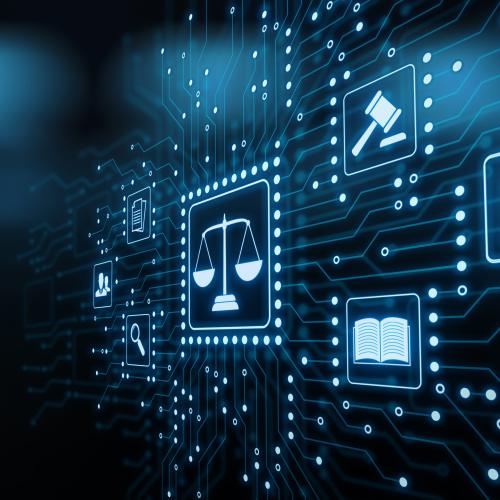Explore considerations that help legal aid organizations plan ahead and avoid challenges when integrating AI tools into their services or internal procedures.

Considerations for Integrating Generative AI into Legal Aid
Grantees will learn how generative AI can:
1. Learn from and improve data to reach internal and external audiences;
2. Safeguard personal information from unauthorized access, use, or sharing; and
3. Ensure high-quality and reliable AI responses for legal aid after testing the system.
Learn how legal aid organizations can appropriately implement AI tools and avoid challenges when integrating them into services and procedures.

More on Technology
Visit this MPI topic page to explore resources on leveraging technology for enhanced efficiency, accessibility, and client impact.
More Model Practices & Innovations
Visit this page to explore additional Model Practices & Innovations Resources.
